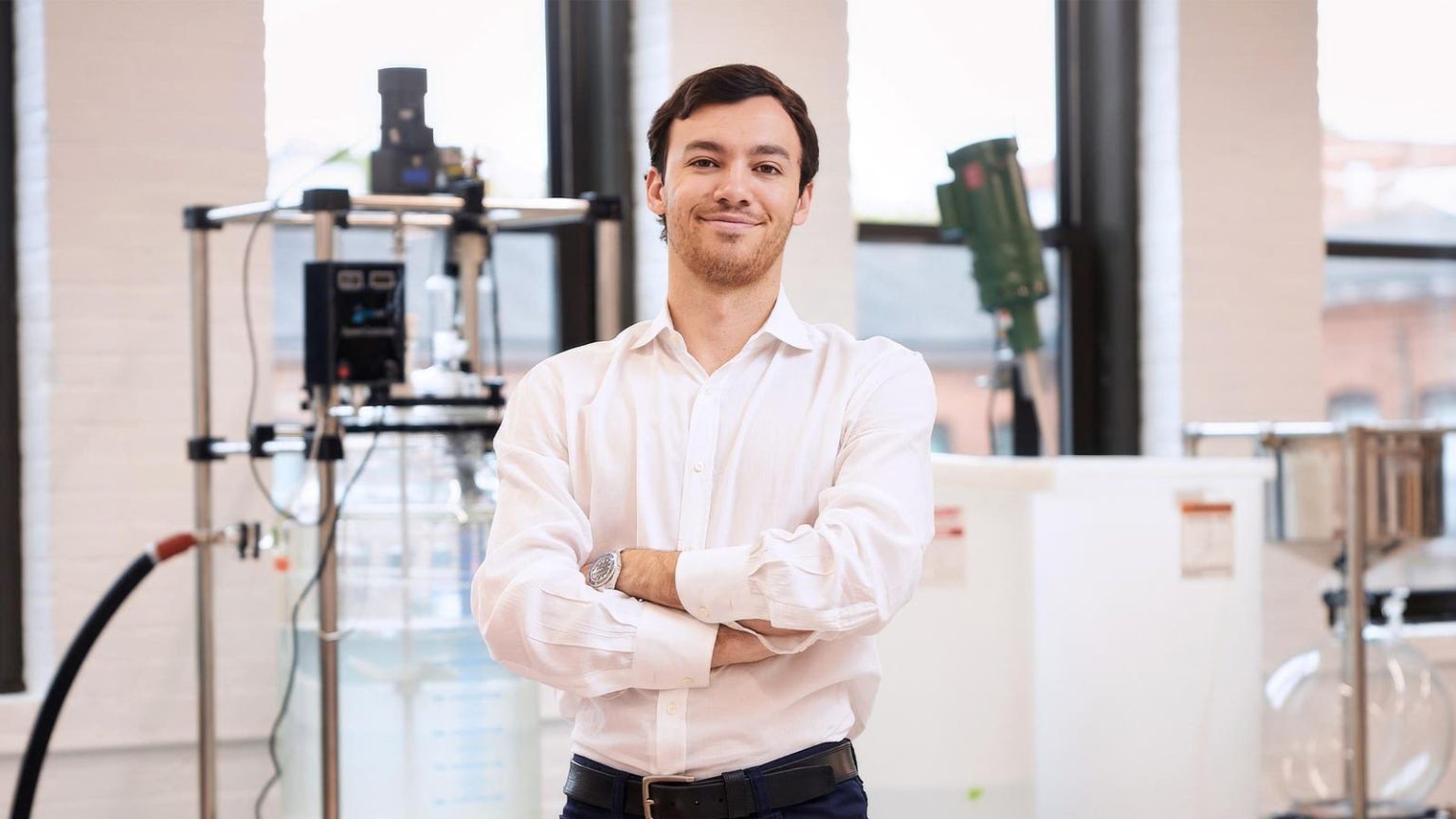Protein Evolution, a start-up founded by serial inventor Jonathan Rothberg, is using AI to create enzymes that can break down plastics and plastic-based textiles. With only 9% of plastic being recycled, the company aims to target the 91% that ends up in landfills or incinerated. Their innovative enzyme process, called Biopure, can transform old textiles into a material indistinguishable from polyester made from petroleum, making them fully recyclable.
The company’s proprietary AI model spews out thousands of amino acid sequences that represent new enzymes, incorporating publicly available data on tens of thousands of proteins. By using algorithms such as the AlphaFold AI system, Protein Evolution tests the most promising enzymes in lab reactors. While 99% of the initial enzyme designs were unsuccessful, the team has learned to design better plastic-devouring enzymes over time. Their aim is to continually improve the efficiency and cost-effectiveness of the process.
Protein Evolution is aiming to scale up its operations with a pilot plant expected to produce 300 tons of recycled plastic in 2025. With $25 million in venture funding and plans to raise more, the company hopes to build a commercial plant with a capacity of 50,000 tons a year by 2028. Other companies like Carbios and Breaking are also working on biological recycling solutions, highlighting the urgency and importance of addressing the plastics problem.
Jonathan Rothberg, who has founded a dozen companies and received the National Medal of Technology and Innovation, is dedicated to finding solutions for environmental challenges. By using AI and biological engineering, Protein Evolution aims to quickly develop enzymes that can efficiently break down plastics. The company has already partnered with fashion designer Stella McCartney to showcase their recycled materials and aims to commercialize their products in the near future.
While enzymatic recycling shows promise, it is still considered an early-stage innovation with challenges ahead. Protein Evolution aims to expand beyond fashion and explore recycling other synthetic materials like nylon. They are also considering using enzymes to develop new types of plastics that biodegrade on their own, a groundbreaking solution for environmental sustainability. The company’s aggressive timetable for commercialization reflects their commitment to making a meaningful impact on the plastic waste crisis.


